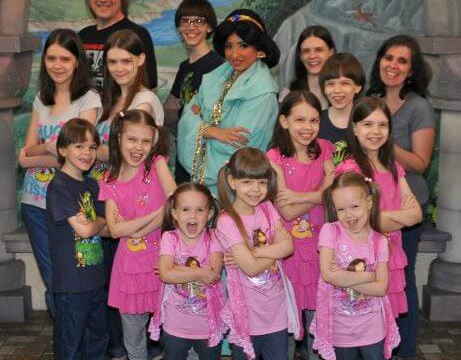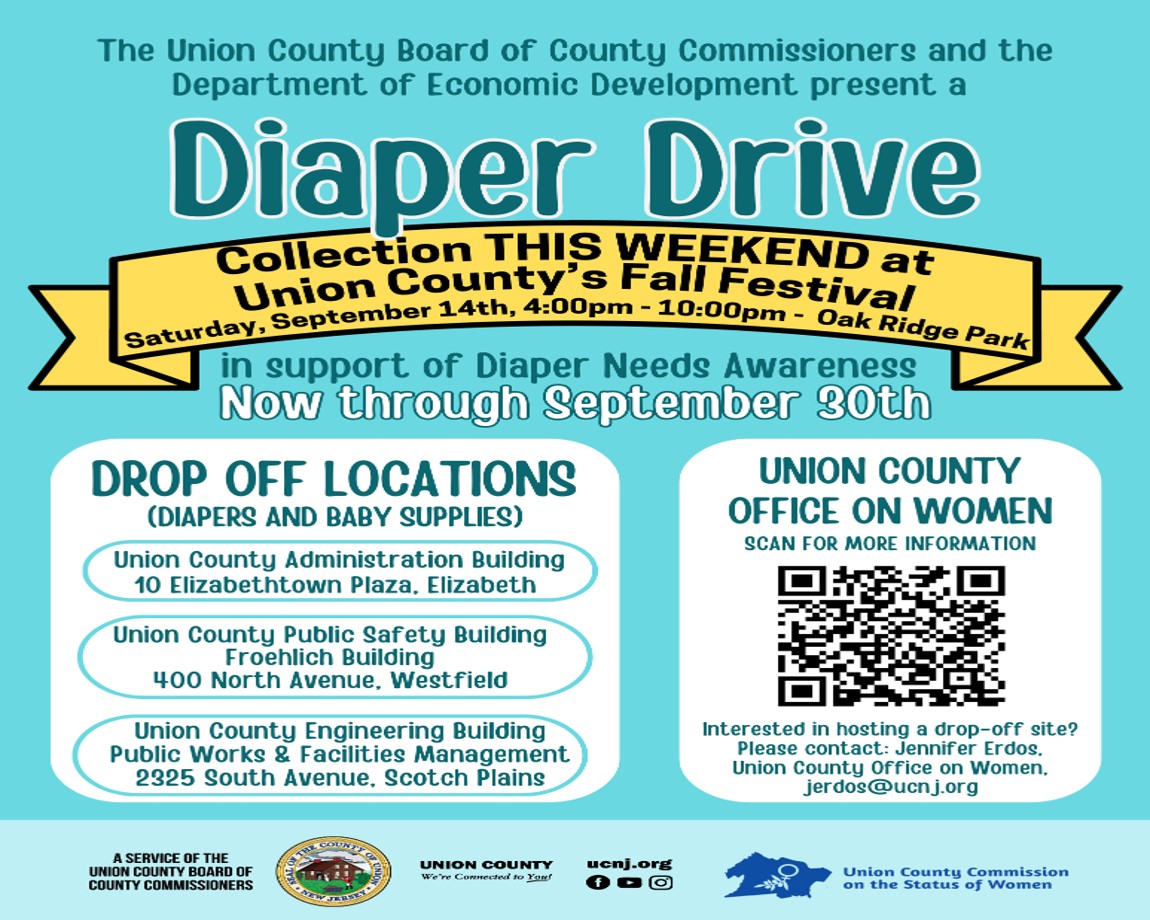
The relationship between a parent and child is a dynamic and evolving bond that undergoes significant changes throughout different stages of life. From the nurturing dependency of infancy to the mutual respect and friendship often found in young adulthood, this bond is continuously shaped by experiences and interactions. This article delves into the various stages of the parent-child relationship, examining its progression from infancy to older adulthood, and highlights the critical age at which parents and children often transition into friendship. Furthermore, it explores the long-term consequences if a strong relationship is not established and provides resources and activities to strengthen this essential bond. By understanding and nurturing each stage, parents and children can build a foundation of trust, communication, and support that lasts a lifetime.
International Parents Day, celebrated on June 1st, is a day dedicated to honoring and appreciating parents for their vital role in nurturing and raising children. It recognizes the selfless commitment, love, and sacrifices that parents make to ensure the well-being and development of their children. The day also emphasizes the importance of family and the need for a supportive and nurturing environment for children to thrive well into adulthood. By celebrating International Parents Day, we acknowledge the invaluable contributions of parents and promote the strengthening of family bonds. Below is a brief explanation of each stage of life and the appropriate bond between parent and child.
Stages Of The Relationship Between Parent And Child
Infancy (0-2 years)
During infancy, the parent-child relationship is characterized by dependency and nurturing. Parents provide the essential care, love, and security that infants need to thrive. This stage is crucial for building a foundation of trust and attachment. Infants rely on their parents for all their needs, and the bond formed during this period sets the stage for future interactions. Positive interactions, such as responsive caregiving and affectionate touch, foster a sense of security and emotional well-being in the child.
Childhood (3-12 years)
As children grow into early and middle childhood, the parent-child relationship evolves into one of guidance and support. Parents play a vital role in teaching their children about the world, instilling values, and setting boundaries. During this stage, children begin to develop their independence and personality, but they still look to their parents for approval and direction. Effective communication and consistent discipline are essential in maintaining a healthy relationship. Parents who actively engage in their children’s interests and activities strengthen the bond and create lasting memories.
Teenage Years (13-19 years)
The teenage years are often marked by a push for independence and identity formation. Adolescents seek to establish their own identity separate from their parents, which can lead to conflicts and misunderstandings. During this stage, the parent-child relationship may experience tension as teenagers test boundaries and challenge authority. However, it is also a time when mutual respect and open communication become crucial. Parents who provide guidance while allowing their teenagers to make their own decisions foster a sense of autonomy and responsibility. This stage is pivotal in transitioning from a hierarchical relationship to a more egalitarian one.
Young Adulthood (20-30 years)
In young adulthood, the parent-child relationship often shifts towards friendship and mutual respect. As young adults navigate their own lives, careers, and relationships, they begin to see their parents as individuals with their own experiences and wisdom. This stage is characterized by a more balanced dynamic, where both parties can share advice and support each other. The age at which parents and children become friends varies, but it often occurs in the mid to late twenties, when young adults have gained more life experience and perspective.
Older Adulthood (31+ years)
As both parents and children age, the relationship continues to evolve. In older adulthood, the roles may reverse, with adult children providing care and support to their aging parents. This stage can bring a deeper sense of appreciation and gratitude for the sacrifices and efforts made by parents. The bond may strengthen as both parties reflect on shared experiences and memories. Maintaining a strong relationship during this stage is essential for emotional well-being and a sense of belonging.
Long-Term Consequences of a Weak Parent-Child Relationship
The long-term consequences can be significant if a strong relationship is not established between parent and child. In infancy, children who lack a secure attachment may struggle with trust and emotional regulation. A weak relationship can lead to behavioral issues, low self-esteem, and difficulties forming healthy relationships with peers in childhood and adolescence. During young adulthood, the absence of a supportive parental relationship can result in a lack of guidance and increased stress. In older adulthood, unresolved conflicts and emotional distance can lead to feelings of regret and loneliness for both parents and children.
In Conclusion
The parent-child relationship evolves through various stages, from the dependency and nurturing of infancy to the mutual respect and friendship often found in young adulthood and beyond. Establishing a strong bond built on trust, communication, and support is crucial for the well-being of both parents and children. Failure to do so can lead to long-term emotional and relational challenges, impacting overall life satisfaction. By incorporating these resources and activities into your routine, you can build a strong and lasting relationship with your child. Remember, the key is to spend quality time together and create positive experiences that both you and your child will cherish. Building a strong parent-child relationship is essential for the emotional and social development of children. Here are some resources and activities that can help strengthen this bond.
Building Strong Family Bonds Through Activities
Family Game/Movie Night: Establishing a family game or movie night can be an excellent way to encourage teamwork and communication. Parents can allow the children to pick the game or movie of the week, along with snacks and dinner (such as pizza). Doing this helps the children feel that their choices have value. Regularly setting aside time for family night, at least once a week and depending on schedules, fosters an environment of cooperation and shared enjoyment
Cooking Together: Cooking together not only imparts valuable life skills and shares family recipes but also offers an opportunity for quality bonding time
Outdoor and Physical Activities: Outdoor adventures such as camping, swimming, skating, hiking, biking, and picnicking (just to name a few), create lasting memories and open avenues for meaningful conversations about your interests, further strengthening the familial bond.
Reading Time for Small Children: Incorporating reading time into the daily routine not only enhances literacy skills but also provides a chance to bond over shared stories and discussions. For older children and young adults, reading time can be used to discuss current events and community affairs.
Arts and Crafts: Engaging in arts and crafts allows for creative expression and is a fun way to spend time together.
Volunteering: Participating in community service or volunteer activities teaches children and young adults the importance of giving back and working collaboratively for a common cause, fostering a sense of unity and purpose within the family.
Planning Trips: Planning trips or day outings to explore new places like the museum can be exciting and educational experiences, creating shared joy and enriching the family dynamic. By incorporating these activities into family life, strong and lasting relationships, as well as memories, can be built and maintained throughout a lifetime.
Family Meetings: Holding family meetings ensures open communication where everyone can express concerns, stresses, feelings, or daily happenings. This provides opportunities for each family member to offer advice, comfort, and security in a safe space, ensuring that everyone feels heard and valued
Resources
Websites:
-Parenting: Offers articles, tips, and advice on various parenting topics. https://www.parenting.com
-Zero To Three: Provides resources for parents of infants and toddlers. https://www.zerotothree.org
-Kids Health: Offers information on children’s health, behavior, and development. https://kidshealth.org
Books:
-“The 5 Love Languages of Children” by: Gary Chapman and Ross Campbell
– “How to Talk So Kids Will Listen & Listen So Kids Will Talk” by: Adele Faber and Elaine Mazlish
-“Parenting with Love and Logic” by: Charles Fay and Foster Cline
Apps:
– Parent Cue: Provides prompts and activities to help parents connect with their children.
– Cozi Family Organizer: Helps families manage schedules and plan activities together.
– PBS Parents Play & Learn: Offers educational games and activities for parents and children to do together.




















Comments